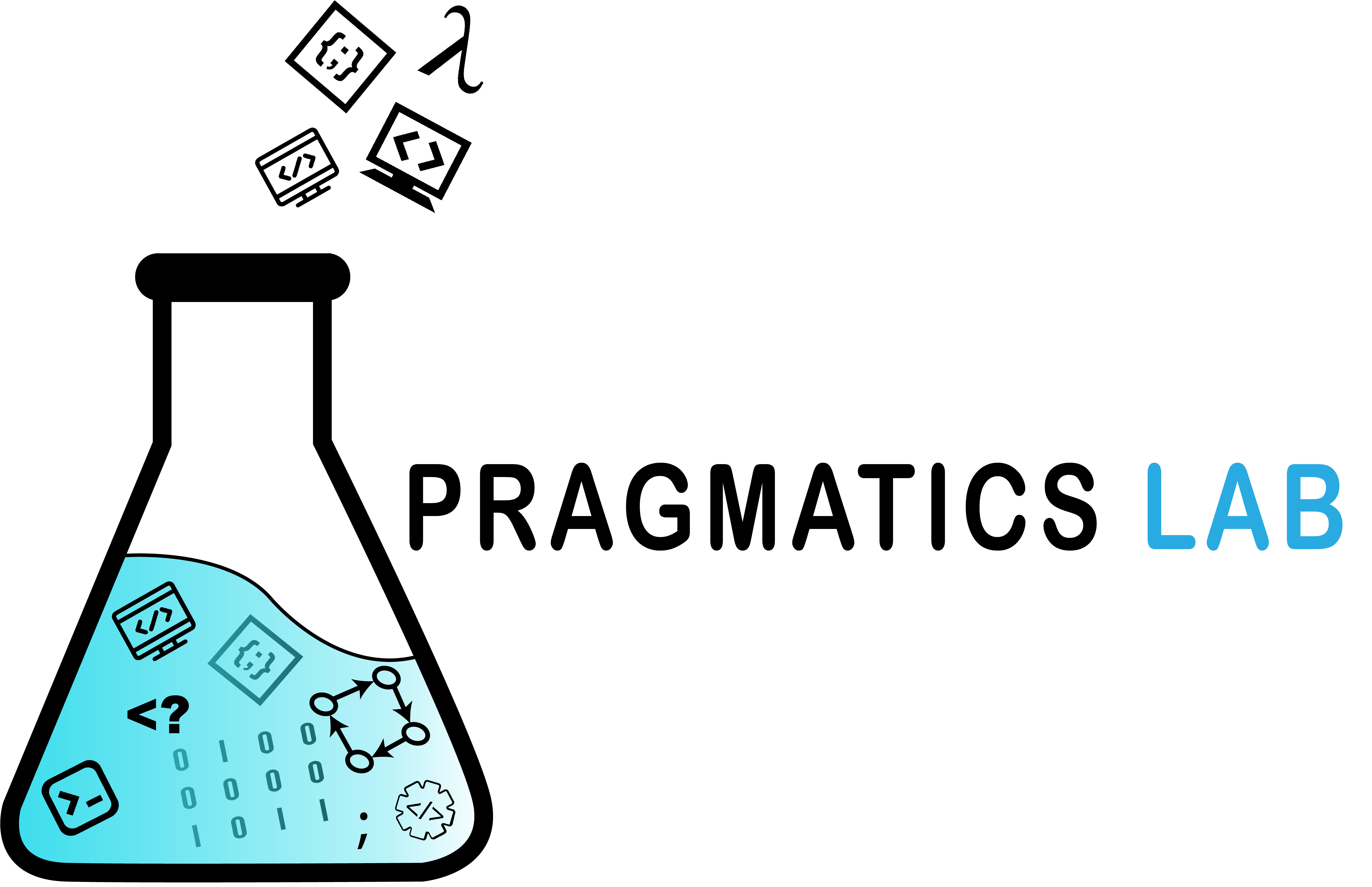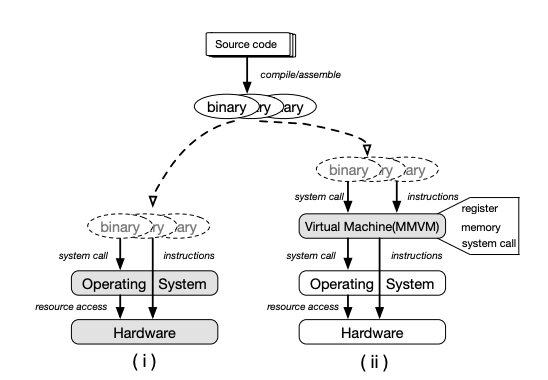A paper in the “business for computing” area was accepted in the journal “Revista de Investigación Aplicada en Ciencias Empresariales” (Chilean Journal – LatinIndex).
The purpose of this article is to determine gaps presented by Small businesses in the Coquimbo region in the use of SIAs. Of the total number of companies surveyed (N =106), only 14% mention that they have a tailor-made SIA, only 8% of companies use a standard one. 52% of companies use excel as software for the analysis of their relevant information; which evidences a lack of professionalization of information management, especially if 19% of them control their information manually.
The main gaps identified in the organizational field are the fear of the unknown, along with resistance to change and low knowledge regarding the SIA concept. The gap related to the financial field is the lack or absence of monetary funds to implement SIAs that allow them to advance in their digital transformation.
The SIAs go hand in hand with the evolution, improvement and greater ordering in companies, so they must be encouraged and well used. Small businesses in the Coquimbo region, together with strengthening the competences of the human team, must advance in the use of their information in an efficient way to boost their productivity.


